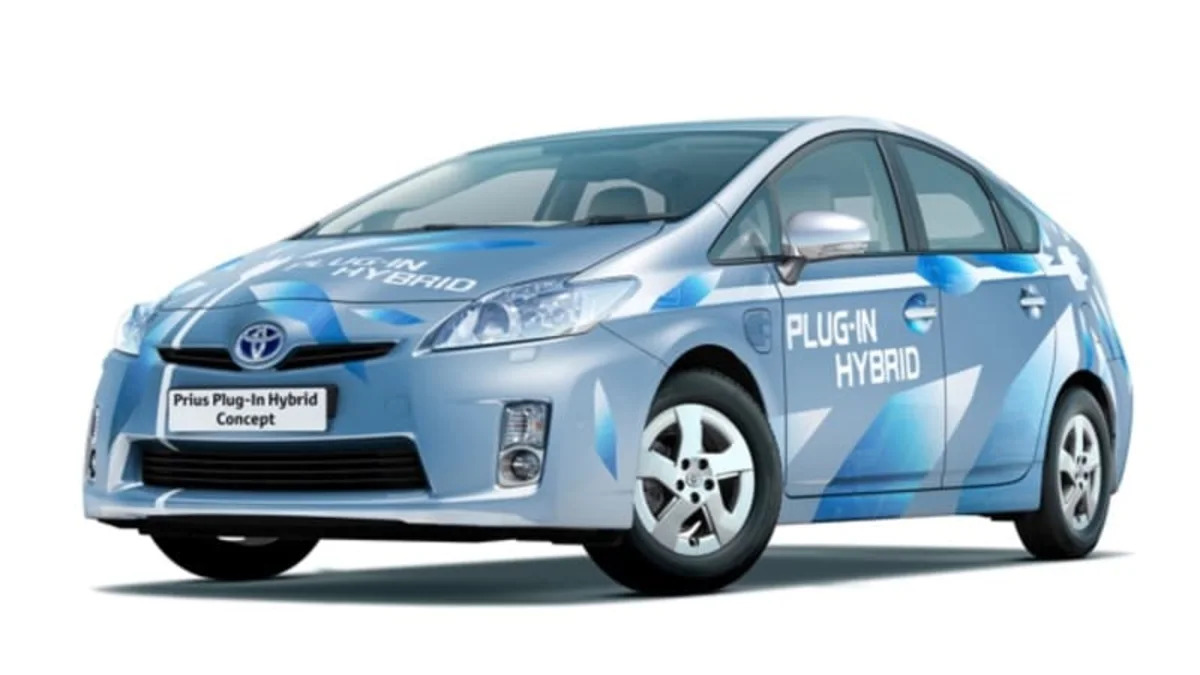Toyota Prius PHEV – Click above for high-res image gallery
Bill Reinert is nothing if not an outspoken promoter of the Toyota brand. When we saw him at the Detroit Auto Show, we knew we needed to say hello and find out what is up with the plug-in Prius project and other environmental issues that the automaker is working on. Reinert take a broad view of the eco-car segment. He sees cleaner fuels playing a role in reducing emissions, he's not worried about arriving a bit late to the plug-in party and he's still skeptical of pure plug-ins. Part of his skepticism comes from worries about who will buy the first batch of cars, and that they all might be neighbors
These issues have to be addressed by the cities, utilities and by the charging companies, not necessarily by Toyota, he said, since it's Toyota's job to make the cars. Reinert said he was skeptical of claims by utilities that they would be able to upgrade transformers ahead of the curve of EV adoption rates.We know for sure that [plug-in car] will cluster. They are going to cluster by zip code. The Prius has, all hybrids cluster by ZIP code and you can assume that EVs will cluster by ZIP code. They tend to cluster in affluent neighborhoods and a lof of these neighborhoods, like in LA, are older neighborhoods and a lot of them have undersized transformers. When you start looking at this – and this is not me saying it, it's Pacific Gas and Electric – you can have a situation where you have three electric cars on the same transformer and all start charging at the same time on Level 2, 220-volt charging and you can bring down the transformer.
Reinert also said that Toyota's targeted 2011-2012 release date for the plug-in Prius is "aggressive" and he's not worried at all about the Chevrolet Volt or the Nissan Leaf making it to market this year and stealing sales from Toyota. In fact, he said, "There are a lot of players in the market and there are a lot of estimates about the market size," he said, adding that there is even a possibility of there being an oversupply of electric vehicles on the market soon.
Another angle that Toyota sees as a way to reduce vehicle CO2 emissions is to continue to improve the standard hybrid system and to introduce lower-carbon fuels – basically better gasoline, e.g. synfuel blended into gasoline – into the national fuel supply. Maybe there's a long life left for the standard Prius, after all.


Sign in to post
Please sign in to leave a comment.
Continue